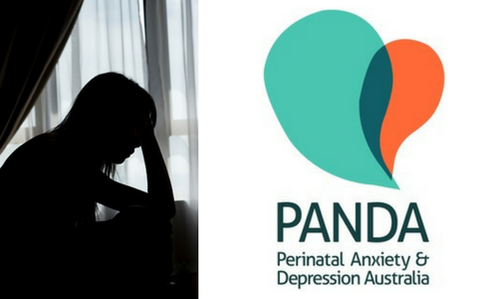Videos
Perinatal Clinical Psychologist, Dr Renée Miller reveals her number one tip for managing fearful thoughts, worry, stress and overthinking. This 5 minute video contains a practical tool for managing your mind. If you are trying to conceive, pregnant, anticipating birth, bringing baby home, or raising small children, this tool may help you to manage your mind and manage stress.
This video from the National Coalition for Maternal Mental Health depicts the inner dialogue of a new mum who is suffering from postnatal depression and anxiety. If your internal world sounds similar to this, seek help. Contact your GP, Panda (1300 726 306) or contact a perinatal psychologist here. You do not need to keep feeling this way.


